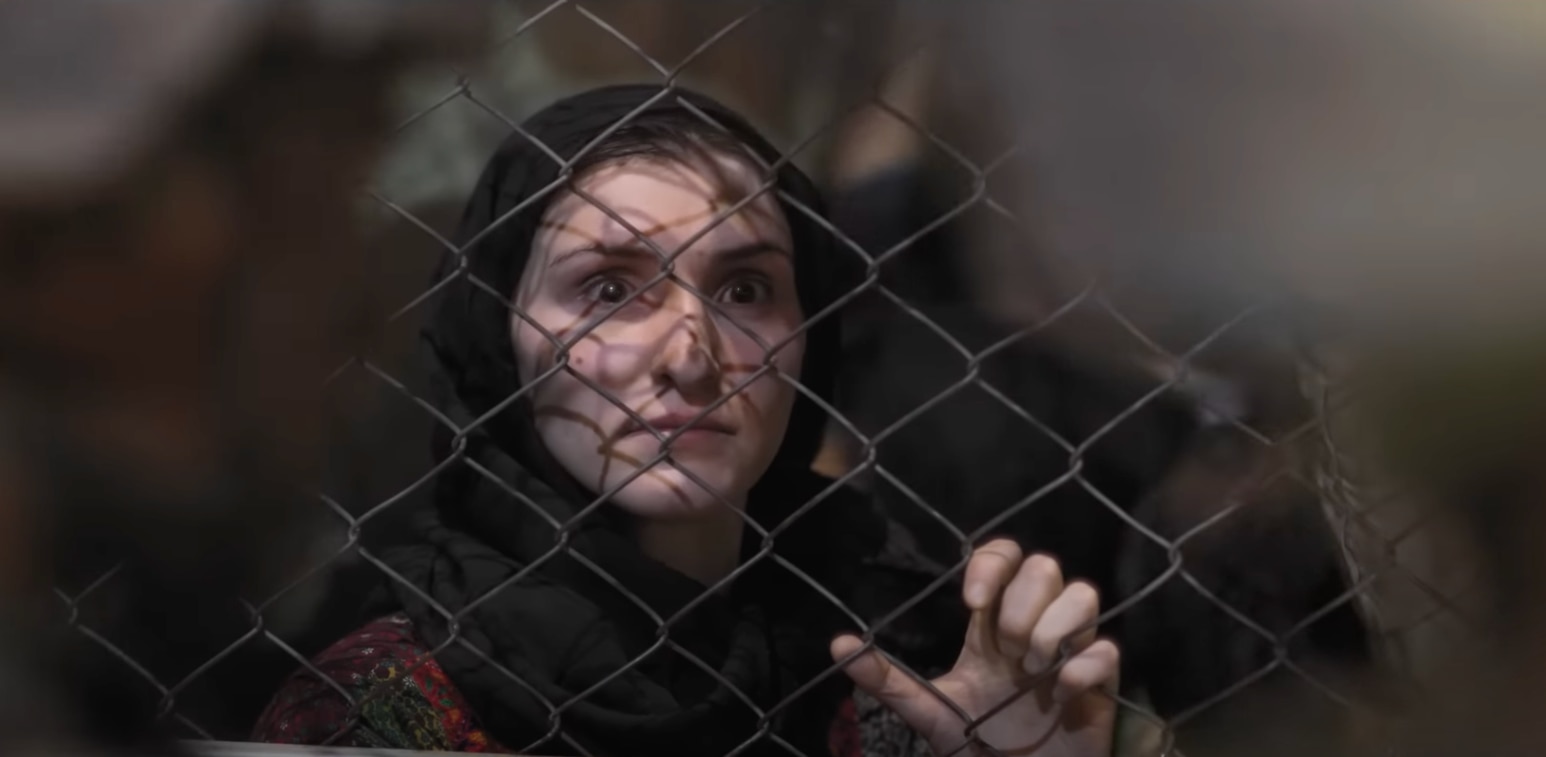An emotional documentary that captured the last nine months of the war in Afghanistan will soon debut across various streaming platforms, offering viewers firsthand insight into what led up to America’s chaotic withdrawal from the conflict in August 2021.
“Retrograde” — a nod to America’s military exit from its longest war ― tells the story of the Army Special Forces units deployed in Afghanistan, a young Afghan general’s fight to defend his homeland and the civilians desperately attempting to flee as their country collapsed at the hands of the Taliban.
The 94-minute film will premiere in the U.S. on the National Geographic Channel on Dec. 8 before hitting Disney+ the next day. An international rollout is slated for Hulu on Sunday.
“It was definitely the hardest film I’ve made, by far. Emotionally, physically, logistically,” veteran documentary filmmaker Matt Heineman told Military Times.
Heineman, an Oscar-nominee who previously tackled other complicated stories, such as the Mexican drug trade in “Cartel Land” and the Syrian civil war in “City of Ghosts”, initially planned to capture a wholistic deployment, taken from a soldier’s perspective and from the views of their families back home.
Following Biden’s announcement in April 2021 to withdrawal U.S. troops from Afghanistan, however, Heineman and his team decided to pivot.
“A mentor of mine said, ‘If you end up with the story you started with then you weren’t listening along the way,’ which I think is good advice for life and for filmmaking,” he said.
The immersive film, which puts the audience directly into an active warzone, soon follows Afghan National Army Gen. Sami Sadat, who heroically led the fight against the Taliban in the country’s Helmand Province. After scenes on the front lines of battle, the film ends at the evacuation of Kabul’s Hamid Karzai International Airport.
Heineman shared how a through line in his work has been to humanize seemingly distant, amorphous conflicts and to allow people to break the echo chambers in which they’re so often mired.
“We owe so much to everyone in front of the camera in this film, but I think especially to General Sadat, who allowed us to film really the slow-motion degradation of his country during the most difficult time in his life,” he said.
“The access that General Sadat gave us, the access that the Green Berets gave us, the access we were able to get from those underneath them as well — [it] was really unprecedented. And that’s something I take really, really seriously. I don’t take it for granted.”
The film is already opening up broader conversations about the war, even for the service members who played a role in it.
Chief Warrant Officer Jacek Waliszewski, a Green Beret with the 10th Special Forces Group, joined the Army in 2006 and has nearly 20 deployments under his belt, including to Afghanistan. He and his team helped facilitate access for Heineman and his film crew during their time embedded overseas, and while he admitted there were some initial nerves, the groups built a trustworthy relationship over time.
Waliszewski and his team were invited to Zurich for one of the film’s releases, but it wasn’t until later, after his young son got to see the film, that the Green Beret said he truly began to reflect about the documentary’s influence.
“For a 10-year-old to start asking me difficult, but very poignant geopolitical questions that I think a lot of people find themselves asking started to bring out the questions in me,” Waliszewski told Military Times.
As the conversation with his son progressed into other major world conflicts, including the war in Ukraine, the Green Beret said he realized the film’s power to stimulate discussion among family and friends.
That type of exchange was the aim for Heineman, who noted that if the film does just one thing, he hopes it will re-engage public discourse around the war in Afghanistan as well as the country and the people left behind.
“Throughout history this has happened, and it will continue to happen long into the future,” he said. “So, what can we learn from it.”
Observation Post is the Military Times one-stop shop for all things off-duty. Stories may reflect author observations.
Jonathan is a staff writer and editor of the Early Bird Brief newsletter for Military Times. Follow him on Twitter @lehrfeld_media

